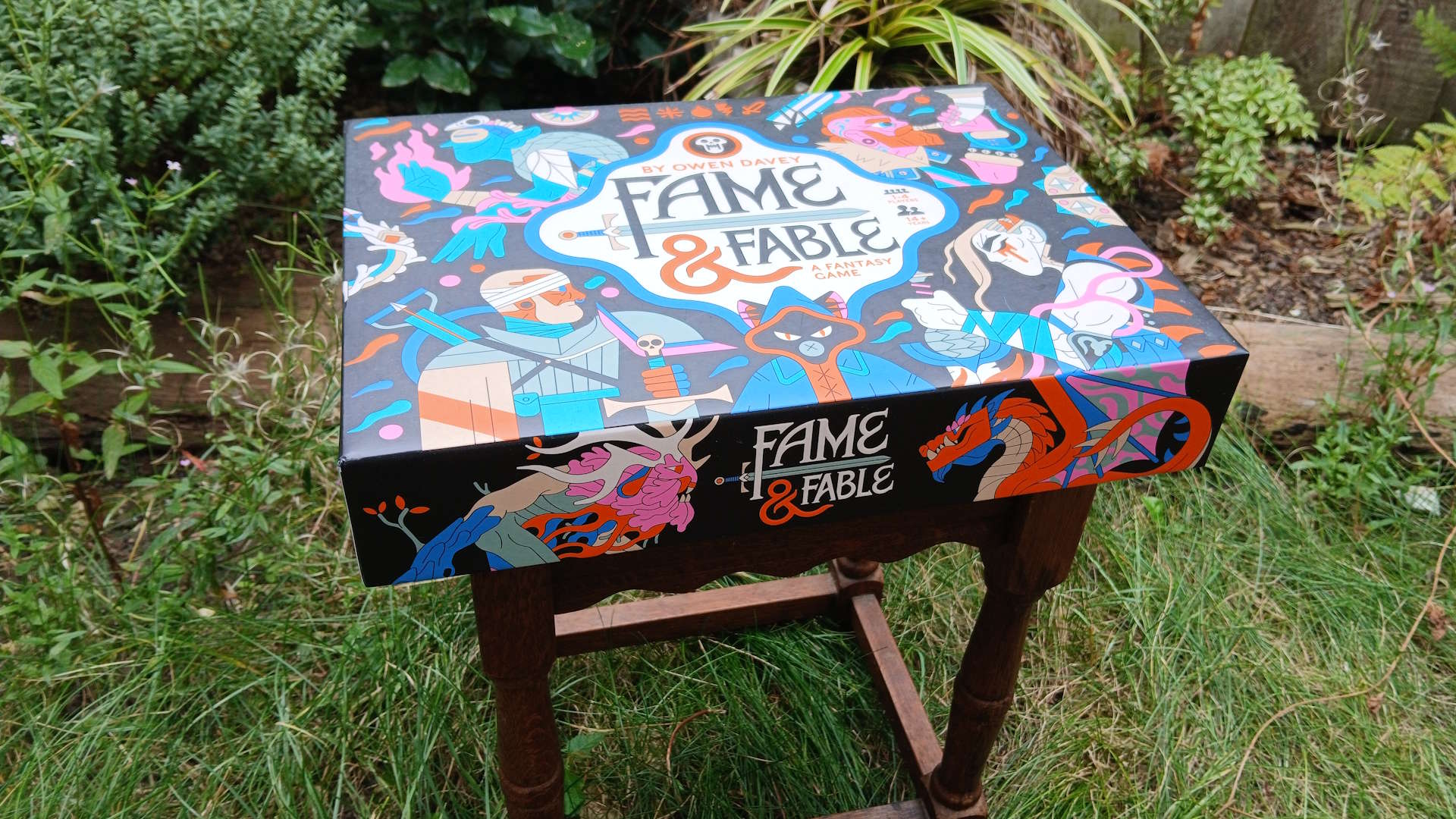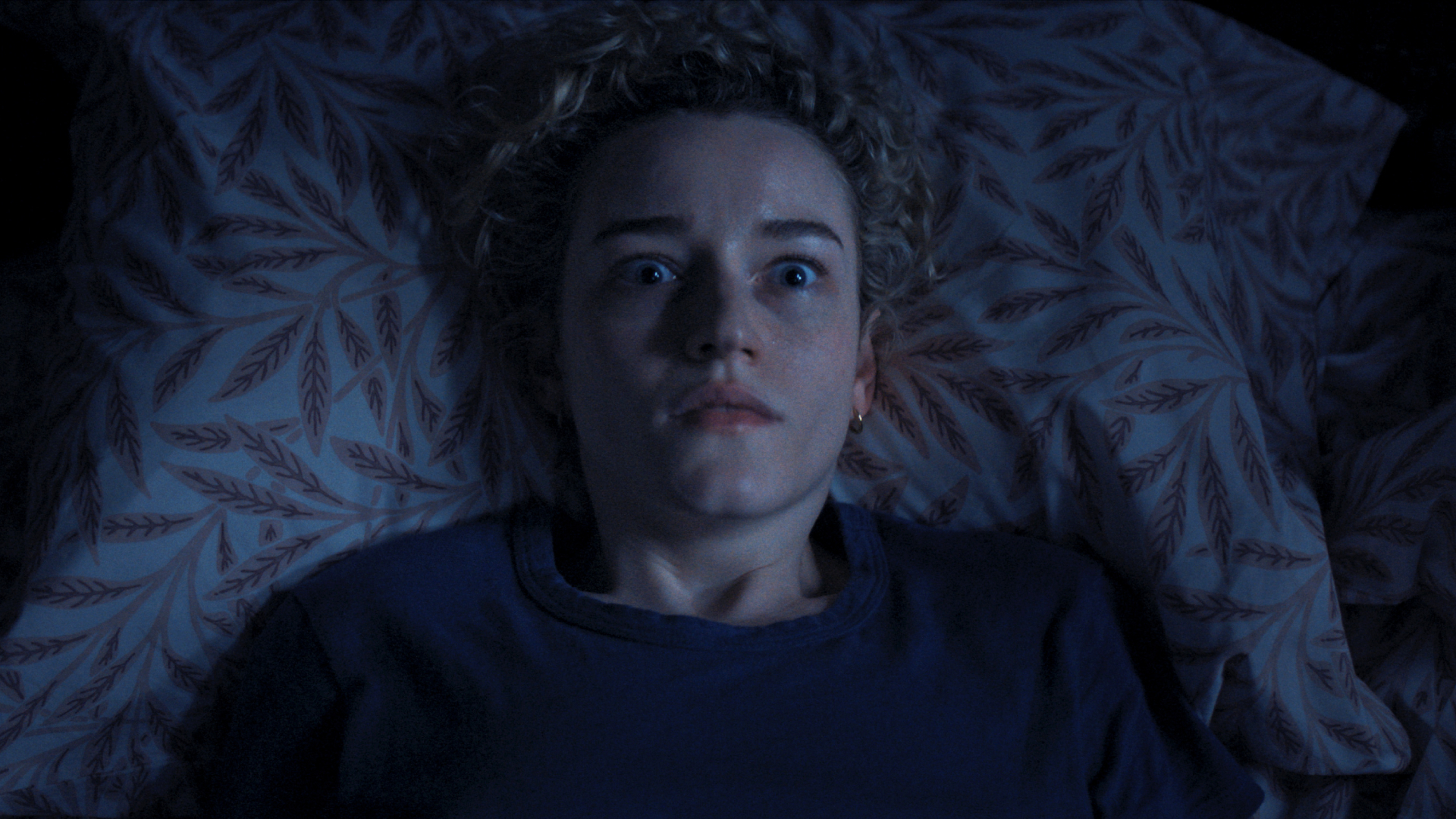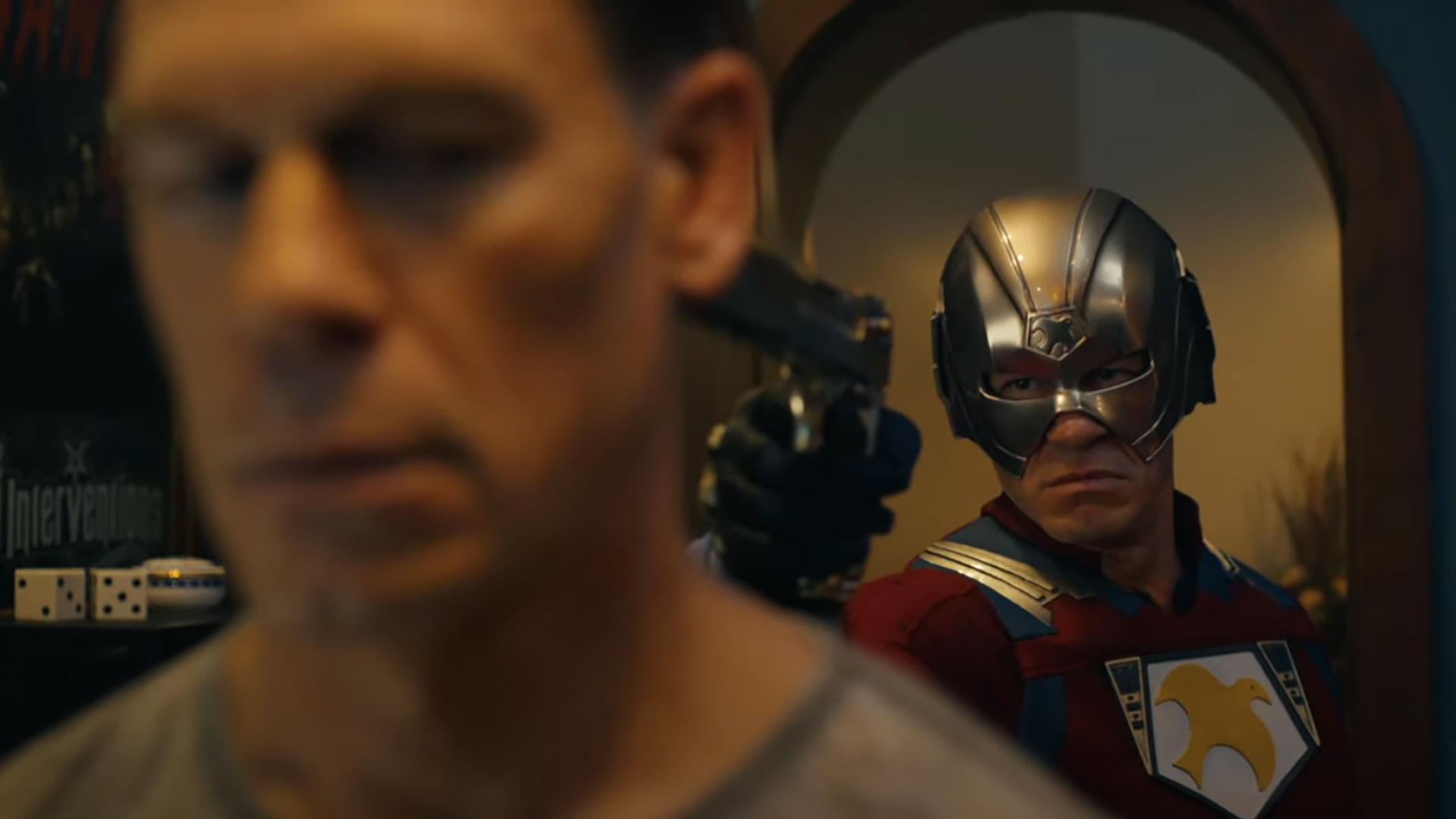The Zombie Research Society runs down the best (and least accurate) zombie games of all time
Which zombie games are the most realistic? An official expert runs down his favourites
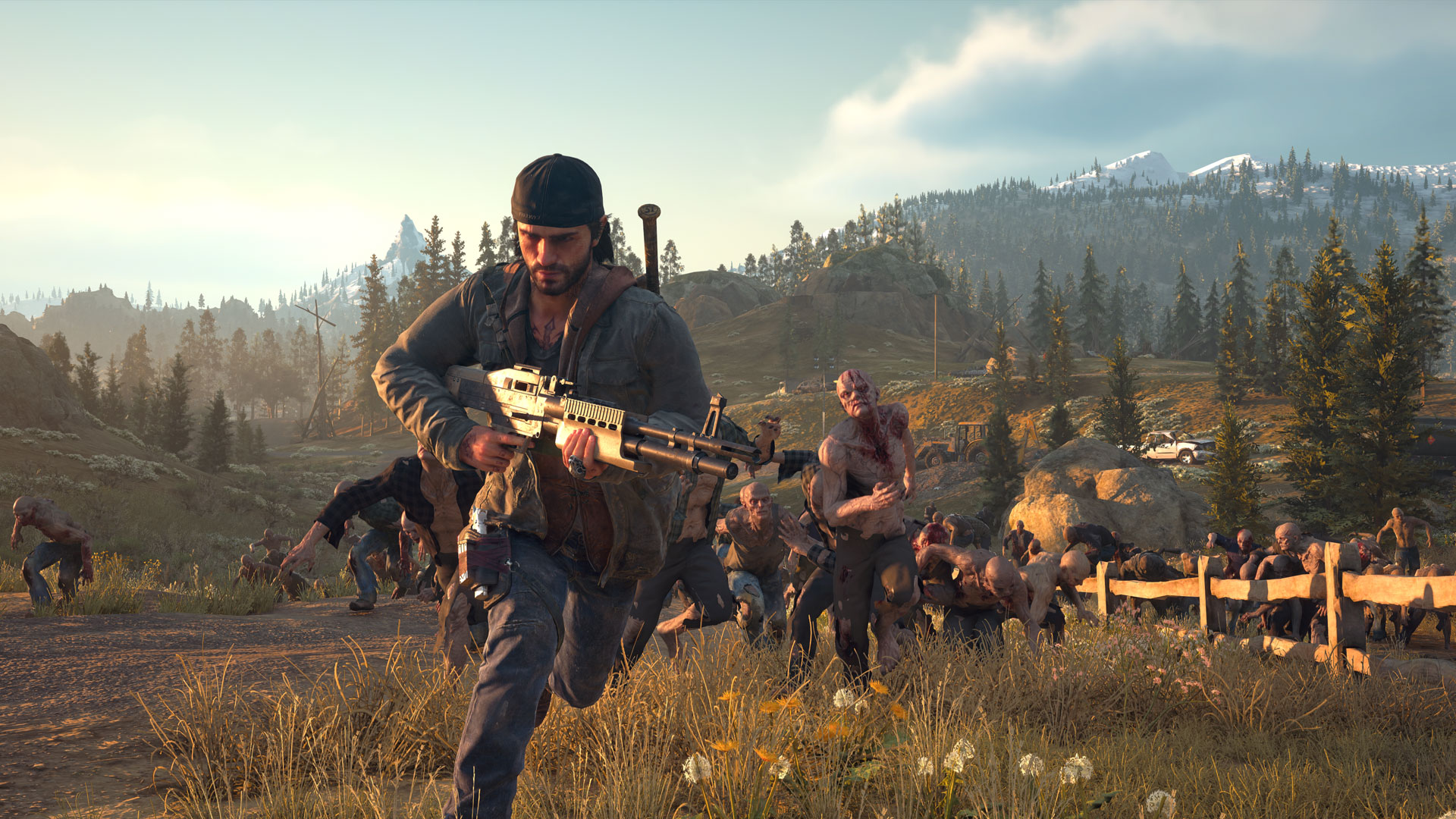
How do you study something that, technically speaking, doesn’t really exist? While zombies have been a staple of pop culture for decades, their origin stems from Haitian folklore dating back to the 17th century. Yes, there’s certain pathologies and diseases in the natural world that bear a few similarities with the walking dead that we all know and love, but the common zombie otherwise has no determinable basis in scientific fact or reality.
Still, that doesn’t stop some of us (i.e. me) from lying awake at night, wondering how best we might surviving the inevitable rise of the living dead, and an official Zombie Research Society was formed in 2006 with a mission to study “the historic, cultural, and scientific study of the living dead.” With the release of Days Gone nearly here, the ZRS’ very own Cameron Carlson spoke to us about some of his favourite depictions of zombies in video games so far, while offering his unique insight on how best to survive some of these interactive dystopias.
Resident Evil
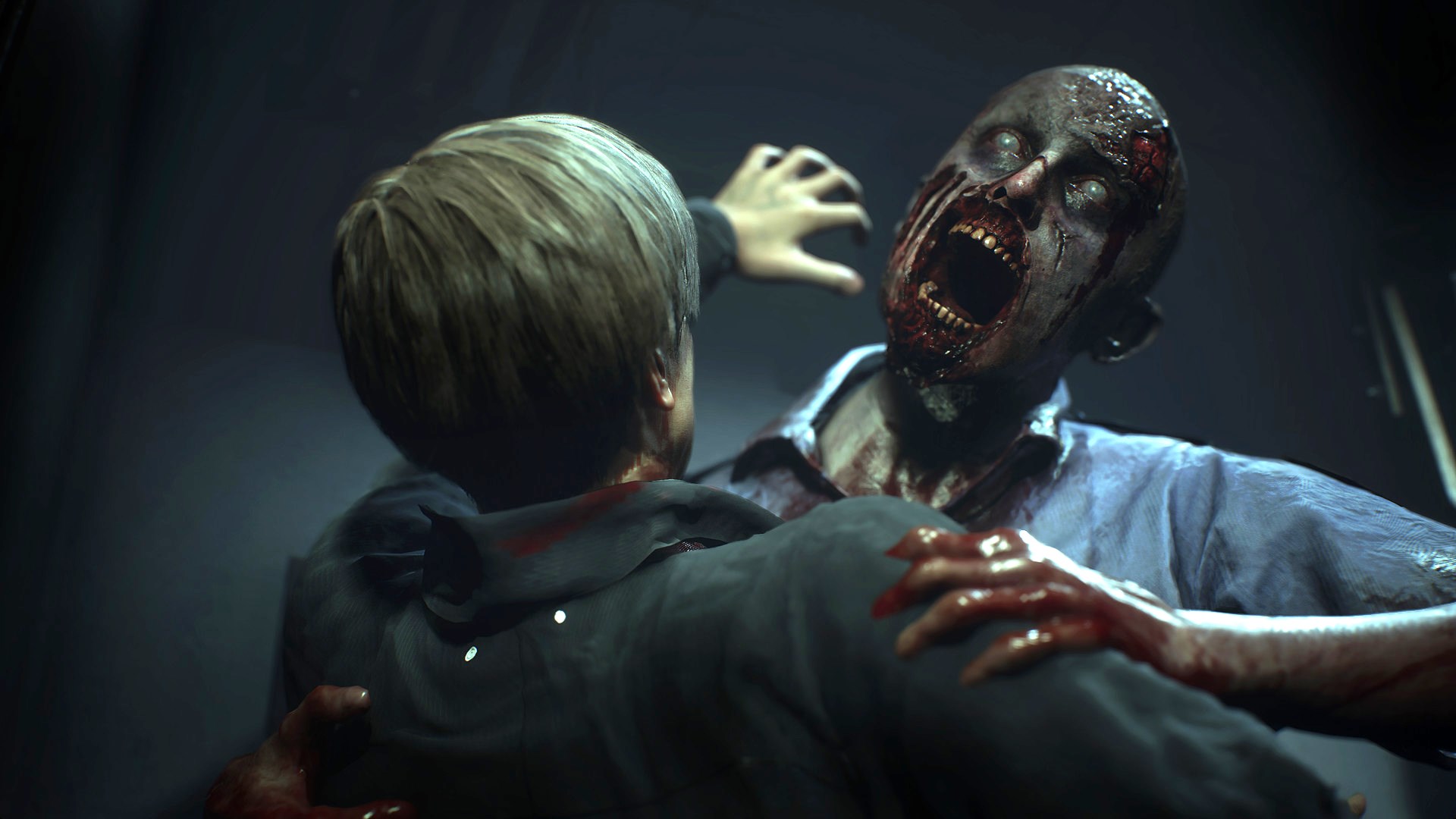
The uncontested granddaddy of zombie games, Resident Evil has been telling the tale of its undead apocalypse since 1996. As anyone who recently played Resident Evil 2 Remake will know, Capcom’s shuffling foes are some seriously tough zeds, refusing to die even after several shots to the noggin. I ask Carlson if this idea of a thick-skinned walker has any scientific basis behind it, but he’s as suspicious as the rest of us. “One good hit to the head and a zombie should be done,” he explains. “That’s been the zombie’s “thing” since its pop cultural origins. If you’re able to destroy its brain, then game over. That should be easy. But Resident Evil has been defying that convention since time immemorial so I’ll give Capcom a pass this time!”
Indeed, Carlson is a self-admitted fan of the Resident Evil series, and particularly the way in which each game obsesses over the wider story of its apocalypse as much the more personal narrative of its key characters. “Resident Evil has a really good sense of lore and canon behind it, which allows you to become mentally invested in this world. I’ll buy off most things as long as the effort is made to provide a little explanation for how the zombies came about. In the case of Resi, it’s a genetically engineered biochemical weapon designed to make its victims perform in a certain way. That’s all I need from a video game to sell me on the concept!”
The Last of Us
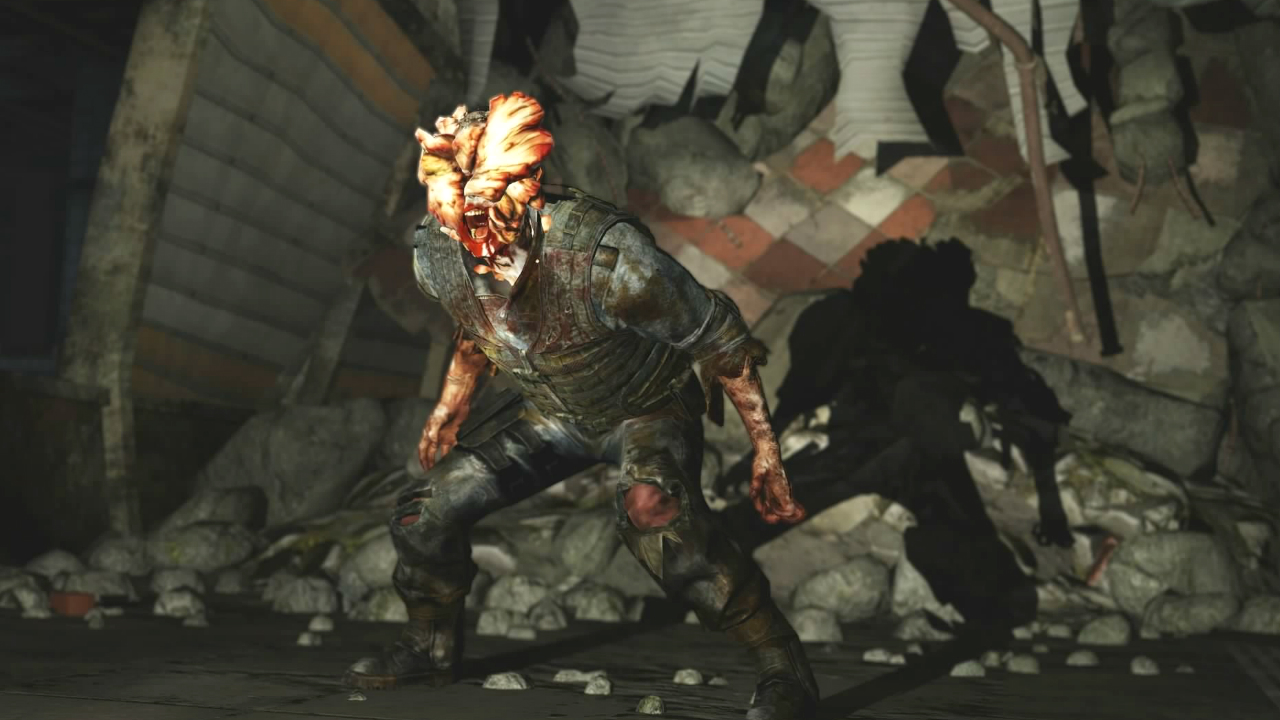
Speaking of backstory, Carlson points to The Last of Us as an example of a zombie game that handles its epidemic with great care and attention to detail. “I really like The Last of Us. Its zombies are based on the Cordyceps Virus, which is a real phenomenon that affects ants, and when you look at the way its enemies mutate, they closely resemble the same cycle of infection we can observe in the natural world.”
“The more plausible you make a zombie apocalypse, the more terrifying it becomes,” continues Carlson. “When we deal with a biological entity that comes from something that is already existent in the natural world, then it suddenly raises the fear factor. When games don’t bother to explain their virus, it leaves too many questions, and room for finding plot holes, which ruins the experience for me. But The Last of Us avoids that problem really well.”
Dying Light
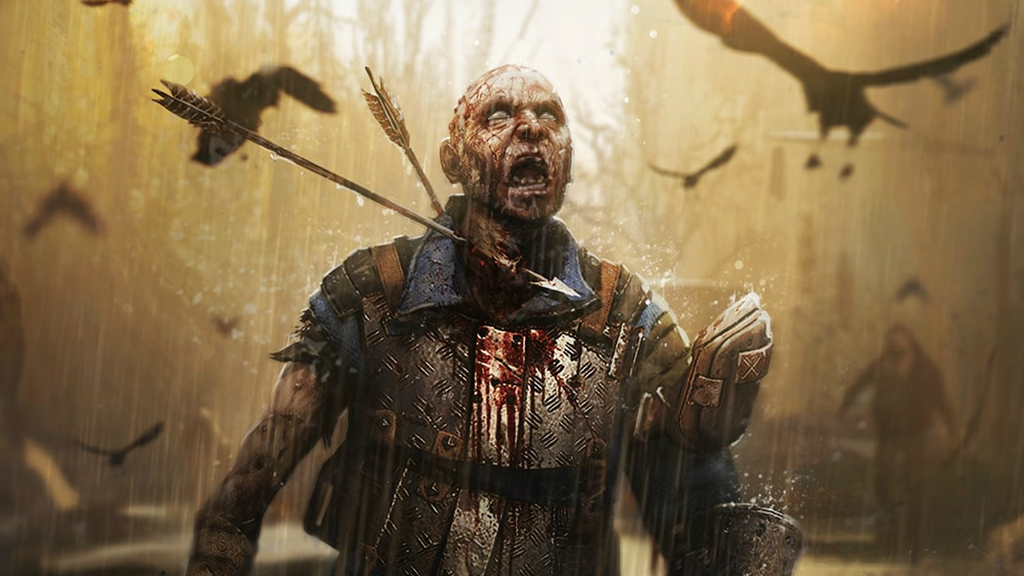
Most zombie games will have a ‘gimmick’ that allows its dystopia to stand out from the rest, and Dying Light’s USP is implied pretty clearly from its namesake. The zombies of Harran in the daytime are your regular, moaning shufflers, but venture out at night and you’ll encounter their hyper-evolved variants known as Virals. Carlson admits enjoying Dying Light for its fear factor, but suggests Techland could do more to explain where its zombies actually come from. “Does the day-night cycle make for a better video game experience? Absolutely. But you now have vampire zombies, so I think it’s stronger as a piece of entertainment than as a believable simulation. Remember, that in all of these instances, you’re dealing with an unknown. We all just assume it’s going to be a virus that affects the brainstem and motor controls, but who knows? That’s the concept that video games lean on, but the problem is they don’t make it plausible.”
Weekly digests, tales from the communities you love, and more
The game’s upcoming sequel, Dying Light 2, takes place several years after the events of the first, and society is starting to rebuild itself now that humanity has got over the shock of dropping a place down the food chain. But could civilization come back from such an epidemic? Carlson remains a hopeful sceptic. “It would never be the same. You’d, at best, have a fractured society without laws, and a world of vigilante justice where everyone's out for themselves. No one’s going to want to go back, because how do you decide who leads? Right now, people respect the powers of government because that’s what they’ve always known. You take that away, and it’s tribal warfare, so I don’t think it would ever go back to the way it is now.”
State of Decay
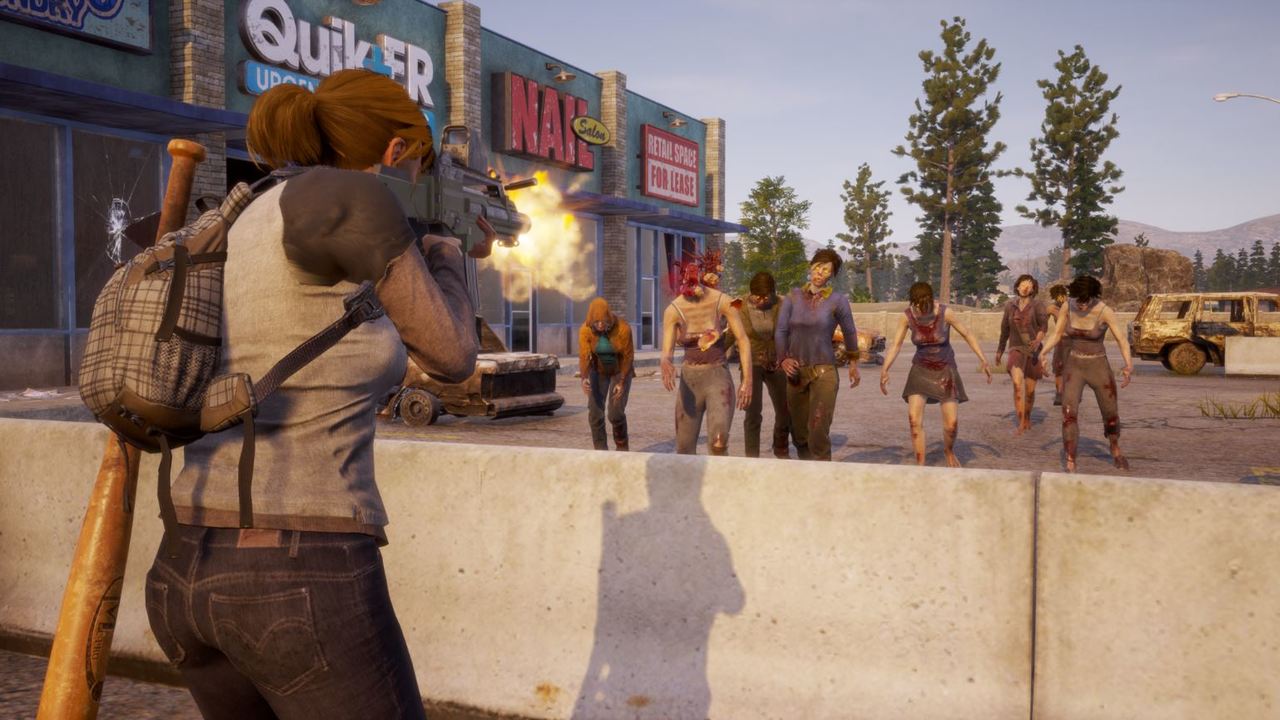
“State of Decay 2 is the most realistic zombie game I’ve played so far” says Carlson, of Undead Lab’s rogue-lite survival sim. “Look at what it does. The game opens with you choosing your survivor, before entering a refugee camp that’s been overrun. You have to forage for all these different types of weapons, medical supplies, and food, you team up with survivors, and as the game progresses, you cannot progress with just one weapon that never breaks.
"You’re forced to work with other people, you’re forced to improve your basecamp, and you begin to use your common sense by considering how to approach each scenario reactively. It touches on the day to day survival aspect of a zombie apocalypse really well, I think.”
Left 4 Dead
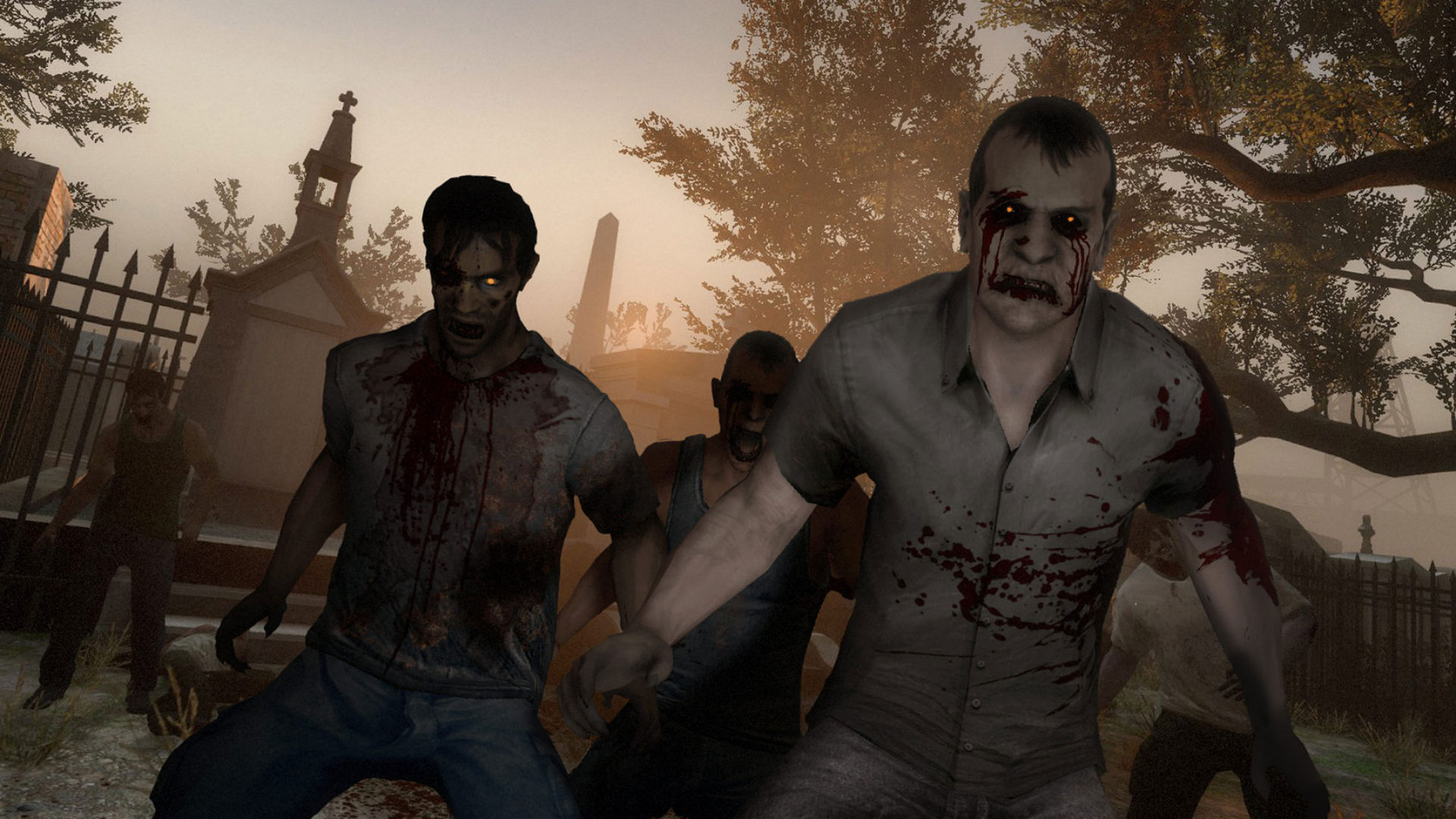
A decade after the release of its sequel, and Left 4 Dead fans still look back at the series as a seminal touchstone for the zombie genre. Developer Turtle Rock’s zombies come in many shapes and sizes, but the standard breed is your classic Snyder-style runner, who somehow didn’t get the memo that death is a depressant, and not a superpower.
“If you look at it from a practical standpoint, the entire reason that a zombie is one of the easiest entities to defeat is because they don’t have the ability to run, jump or do anything of that nature, so they become something of a nonstarter,” explains Carlson, when asked about Left 4 Dead’s hordes. “But the reason that they do make these things run and jump is simply to make it scarier, because no one is gonna want to watch a movie that consist of two hours of people just walking around.” Yeah, who would watch two hours of that, let alone ten seasons (*COUGH* The Walking Dead *COUGH*)?!
Dead Rising
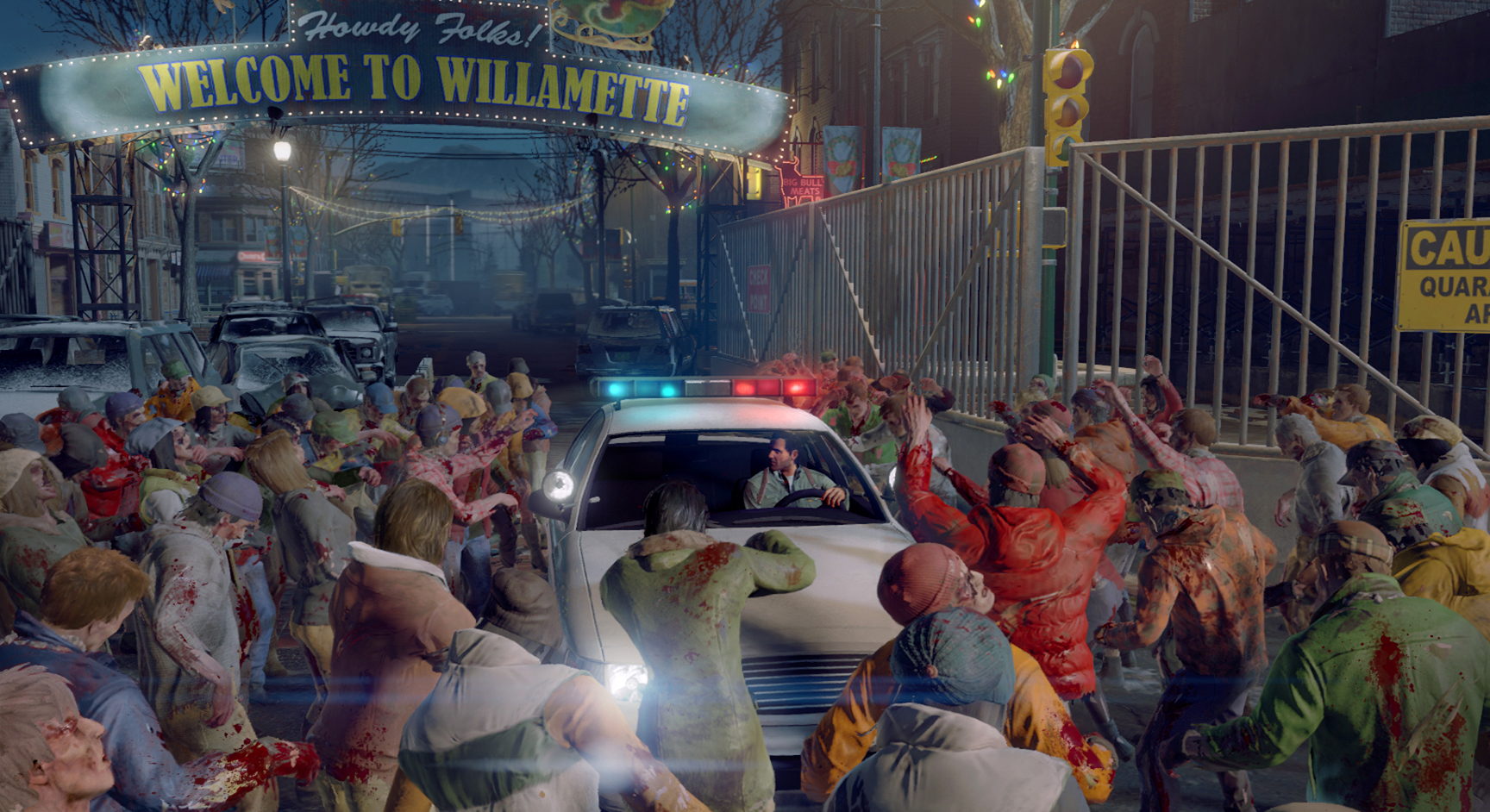
As it happens, Carlson was enlisted by Microsoft to help promote the release of Dead Rising 4 back in 2016, offering his expert tips on how to survive the game’s mall-based infestation, and he’s an avid player of Capcom’s more lighthearted zombie series too.
“I love Dead Rising not just because everything's a weapon, but you can do anything and go anywhere. Yes, there's an end goal, but mostly it’s just destruction and mayhem. It takes the vanilla zombie concept and just goes crazy with it, and has even taught me some things about survival in the process. Until Dead Rising, there were several everyday items I didn’t even consider I could fashion a weapon out of!”
Days Gone
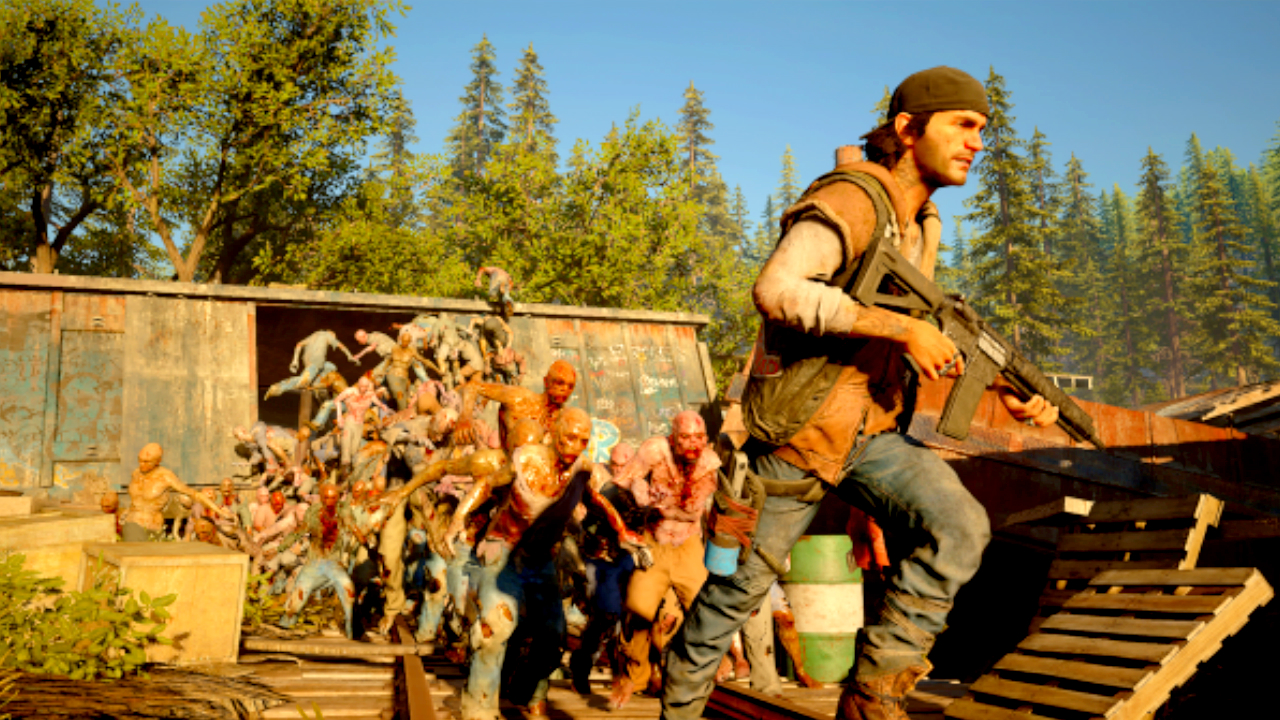
Similarly to Left 4 Dead, Days Gone’s zombies… sorry, freakers, adopt a World War Z-like horde mentality, tending to overwhelm the player in sheer numbers alone, and Carlson’s best advice for fighting that kind of enemy is to, well, not fight them at all. “Unless you’ve got a minigun and a few RPGs to hand, my best advice would be to run and hide. In an ideal scenario, you could close yourself off in a way that they can't get to you. Get to a building with high ground, but make sure you have an exit that only you can use. Similarly, there should only be one way in and only you should know where that way in is. But if you don't have the proper training, weaponry, or skills, then you’re not really helping you or anyone else.“
As for the fact that Sony Bend doesn’t like people referring to its undead enemies as zombies, well, it doesn’t take a genius to see that the studio is fighting a losing battle. “It’s theirs to do what they want,” admits Carlson, explaining that “nothing exists as a zombie in scientific society... that word stems from a primitive religious context, so they can do whatever they want with it. But whether you call them zombies or not, the thing is that you and me and anyone else that plays the game will be referring to them as zombies, period. As long as they’re willing to recognise that, then I don’t see a problem.”
Find out our favourite undead excursions with the best zombie games to play right now, or watch the video below for our review of Resident Evil 2 Remake.
I'm GamesRadar's Features Writer, which makes me responsible for gracing the internet with as many of my words as possible, including reviews, previews, interviews, and more. Lucky internet!

